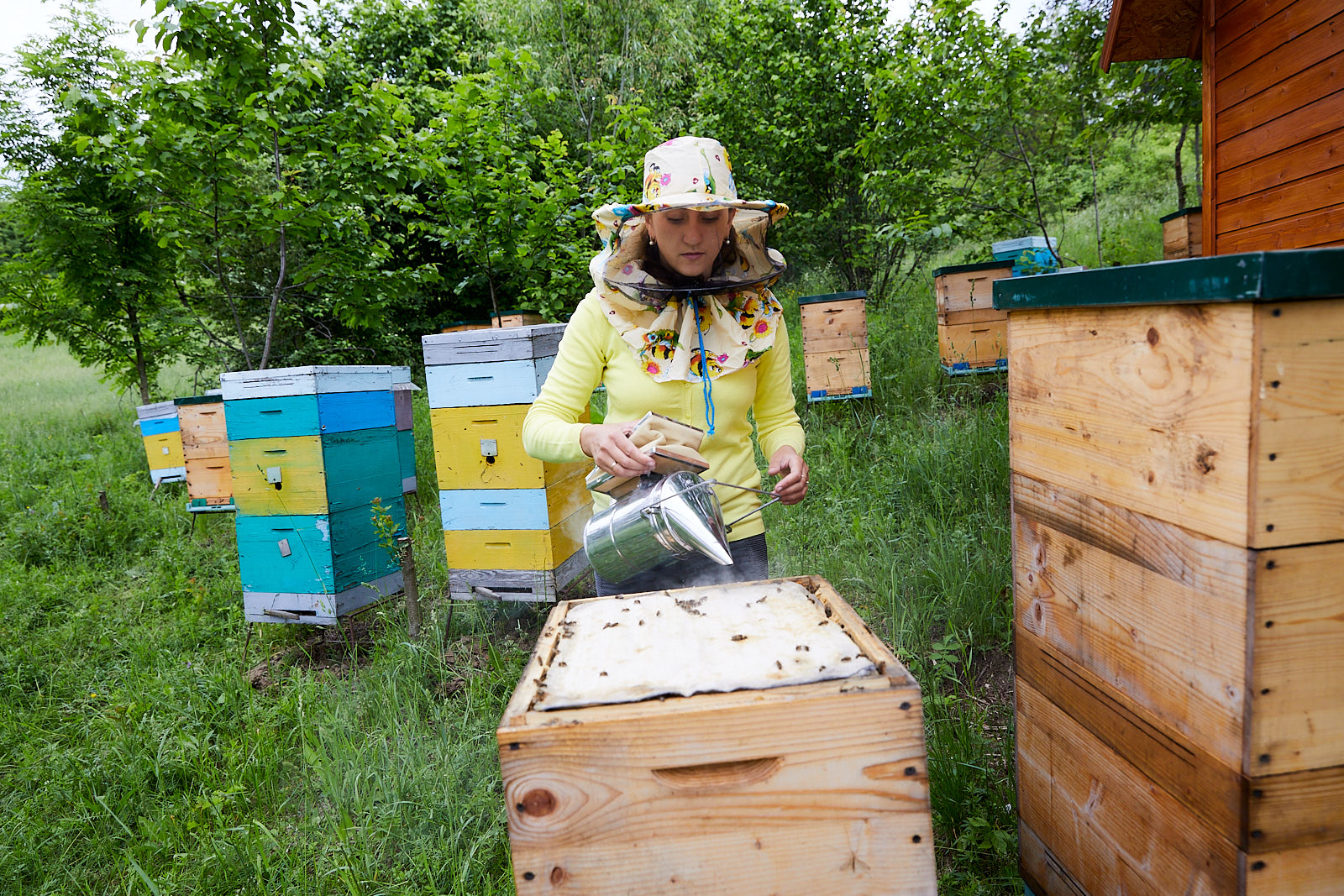
Women economic empowerment and resilience

Since 2015, UN Women has carried out the GirlsGoIT initiative to support and encourage women and girls in STEM — Science, Technology, Engineering, and Mathematics, including professional qualification and re-qualification digital programs. UN Women also supported the establishment of the first-ever Women Hubs, which offer co-working opportunities, networking and professional events.
UN Women provides financial and technical support for women small producers to help grow their businesses, export items and create jobs in rural regions.
UN Women works with Government, different institutional actors as well as the Economic Council to the Prime Minister to promote gender-sensitive programmes for women in the workplace and implement the Road Map on Womenʼs Economic Empowerment. UN Women partners with the private sector for the implementation of the Women’s Empowerment Principles (WEPs), established jointly with the UN Global Compact.
UN Women supported national institutions in developing the legal framework on women economic empowerment, including alternative childcare services.
Our future priorities will focus on:
- Scaling up efforts to increase women and girls in STEM.
- Supporting womenʼs entrepreneurship, including in green businesses.
- Increasing the financial literacy of women and girls through education, with focus on underrepresented groups.
- Advocating for recognition, reduction and redistribution of unpaid care work and support that childcare is available for children ages 0 — 3 and women have increased access to employment.
- Including women refugees in all the initiatives related to women economic empowerment.
- Continue supporting the private sector to endorse and implement WEPs.